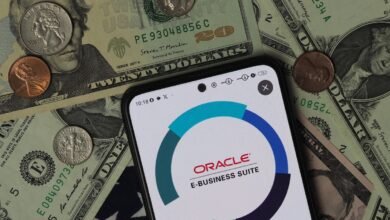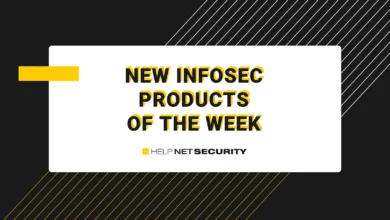Hospital Cyberattacks Cost $600K/Hour – AI Can Stop Them

▼ Summary
– Hospitals are increasingly targeted by ransomware attacks due to the monetization of stolen medical data, breaking past unwritten rules against targeting critical services.
– Alberta Health Services (AHS) uses AI-powered cybersecurity tools from Securonix, reducing incident response time by 30% and false positives by 90%.
– AHS, North America’s second-largest hospital network, relies on AI to protect its massive Epic EHR system, where downtime could cost $500,000–$600,000 per hour and endanger patients.
– AI-driven behavioral analytics help AHS detect subtle anomalies, like misconfigured devices or suspicious payloads, improving threat detection and reducing analyst workload.
– AHS uses AI to track attack patterns geographically and conducts targeted education campaigns for staff, especially in rural hospitals, to strengthen defenses.
The rising tide of cyberattacks against hospitals has reached alarming levels, with outages now costing upwards of $600,000 per hour. Where hackers once avoided targeting critical healthcare infrastructure, today’s threat actors see medical systems as lucrative opportunities. Ransomware-as-a-service models and the black-market value of patient data have erased any ethical boundaries, forcing hospitals to adopt advanced defenses, with artificial intelligence leading the charge.
Alberta Health Services (AHS), Canada’s second-largest hospital network, has turned to AI-driven cybersecurity to combat these threats. By integrating Securonix’s AI-powered threat detection platform, AHS slashed response times for critical incidents by over 30% while reducing false alerts by 90%. The system’s ability to analyze terabytes of data in real time has saved security teams hours of manual work daily, translating to hundreds of thousands in cost savings.
Richard Henderson, AHS’s executive director and CISO, describes the stakes bluntly: “If our systems go down, it could directly impact patient lives.” With 106 hospitals, 800 clinics, and 150,000 staff relying on a single electronic health records (EHR) platform, a single breach could paralyze operations across the province. The financial toll of an outage, estimated at half a million dollars per hour, pales in comparison to the human cost.
AI isn’t just automating tasks; it’s transforming how security teams operate. Traditional methods relied on analysts sifting through endless alerts, but behavioral analytics now detect anomalies invisible to the human eye. For example, the system flags subtle deviations, like a trusted account acting strangely, or deciphers obfuscated malware payloads in seconds. “You could hire a thousand analysts and still miss critical threats,” Henderson notes. “AI stitches together patterns no human could spot.”
The platform’s impact extends beyond detection. By filtering out noise, junior analysts avoid burnout and focus on genuine threats. Henderson emphasizes that AI isn’t replacing staff but empowering them: “It helps them learn faster and protect more effectively.”
Geographical insights further refine defenses. While major cities like Calgary and Edmonton face constant attacks, rural hospitals are increasingly targeted due to perceived vulnerabilities. AI-driven dashboards track incident hotspots, enabling targeted education campaigns. Henderson’s team trains staff in high-risk areas, arming them with knowledge to recognize phishing attempts or suspicious activity.
The results speak for themselves. Faster response times, fewer false positives, and a more resilient network prove that AI is no longer optional for healthcare cybersecurity, it’s a lifeline. As attacks grow more sophisticated, hospitals without these tools risk becoming the next headline. For AHS, the choice was clear: adapt or face catastrophic consequences.
(Source: VentureBeat)





